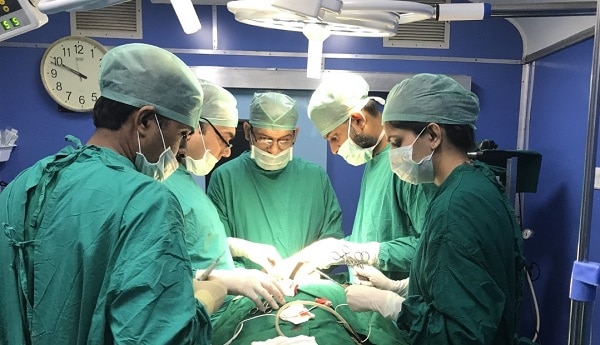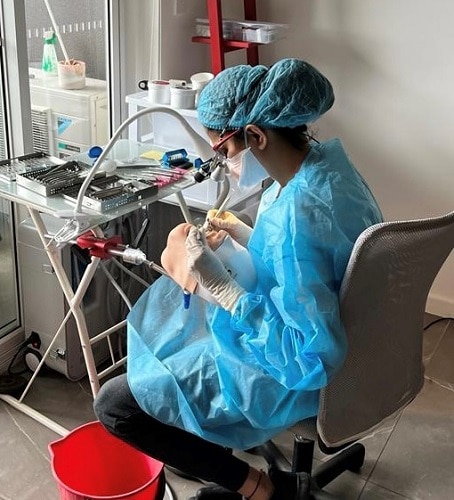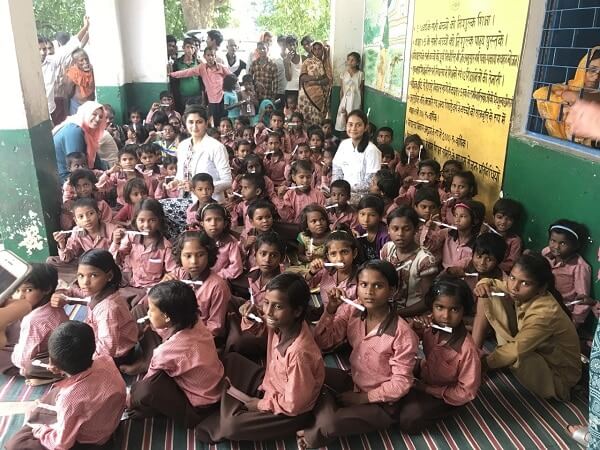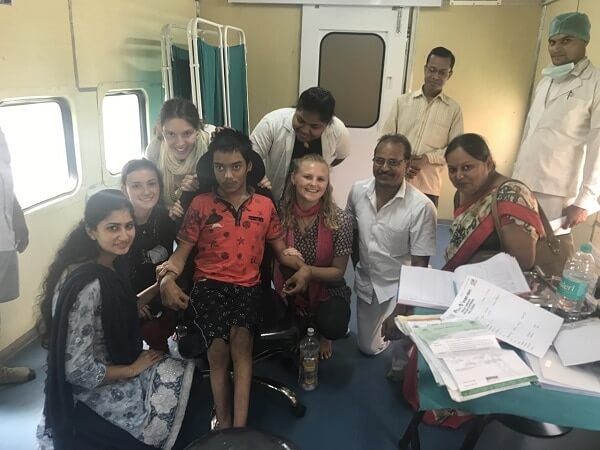Over the years, many new migrants to Australia have faced a common problem: their hard-earned degrees haven’t always been recognised by the Australian education system, leaving them to start afresh in a new country.
A new taskforce by the Governments of India and Australia aims to develop updated qualifications recognition arrangements to address this issue. It was announced on Monday, 21 March by Prime Minister Scott Morrison and Indian Prime Minister, Shri Narendra Modi, in a virtual meeting.
“The taskforce will determine the most appropriate process to strengthen the recognition of Australian and Indian qualifications, with a focus on enhancing participation in higher education and, where feasible, access to general employment, for both countries,” a spokesperson for the Department of Education, Skills and Employment told Indian Link.
“The work of the taskforce will reflect international qualifications recognition best principles which seek to maximise outcomes for the recognition of an individual’s qualifications where possible.”
Intended to be implemented in 2023, the taskforce will report by the end of the year. This has left many to speculate the fields of study this could impact.
Last year, the Sydney Institute for Community Languages Education (SICLE) at the University of Sydney was the first of its kind to provide a bridging course for overseas-trained teachers, helping 2,000 professionals to become accredited in Australian schools. But new migrants trained in other fields continue to face hurdles in starting their careers.
Ramneek Madahar, a Sydney-based migration agent, is cautiously optimistic of the announcement.
“There could be significant implications of these changes. Mobility of Indians to Australia could become easier and quicker, making this a good step forward. However, I don’t expect this to flow through directly to medical and dental qualifications. There’s a far more rigorous process into assessing those qualifications.” he stated.
Typically, migrants with medical backgrounds have a tough time building their career in Australia. They shell out thousands of dollars to retrain, undertake exams, and gain practical experience towards local certifications.
29-year-old Mehak Sikka Bhatnagar, an experienced dental surgeon in India, estimates that she’s paid around $25,000 so far to retrain here in Sydney.
READ ALSO: Outcomes of the Morrison-Modi virtual meet 2022

“I came in 2018 and found that my overseas experience wasn’t recognised anywhere. I needed local training on my CV and started work as a dental assistant in 2019,” she explained.
“The hours were overwhelming and there was a lot of pressure. I really felt like any knowledge gap in practices between Australia and India could’ve been covered by someone simply talking us through it, but it wasn’t made available to us.”
In India, she had been among dozens of volunteer specialists on the Lifeline Express (Jeevan Rekha Express), a seven-coach train that acts as a rolling hospital to serve people in rural areas with poor access to healthcare. As the lead medical officer on the train, she earned valuable practical skills over the years by interacting with patients on a daily basis. This important philanthropic work, operating since 1991, has been widely covered by both international and Indian media.
In Australia, however, Dr Sikka Bhatnagar had to start from scratch. This May, she will finally be undertaking the last step in a three-prong process to register with the Dental Board of Australia. It’s a practical examination that includes a language element to address communication barriers, a common complaint by naysayers of Indian qualifications.
“Unfortunately, because of the pandemic and in being an assistant, I haven’t worked on a patient for almost three years,” she sighed. “Now I’ve created a home set up that cost around $15k, just to be able to practice.” (She’s invested in a dental simulation unit intended for practical training purposes from OneDental, also the major supplier of many teaching institutions and examination bodies like the Australian Dental Council.)
“It’s a huge financial drain to keep giving these exams, especially if you’re unable to pass in the first attempt. A lot of people drop out because they can’t afford it.”

Ahead of her first written exam last year, there were new guidelines and changes to the question pattern. From a batch of 200 people in her coaching classes, she was one of seven people who passed.
In fact, Dr Sikka Bhatnagar adds, many migrant couples to Australia have had to sacrifice at least one of their careers to be able to afford these massive costs. For many women, retraining has come in the way of family planning.
“You don’t get loans for these kinds of things. It takes a lot of patience and financial support. Even if you’re the best dentist, it’s a hard journey if you’re not financially sound,” she warned.
In Australia, many organisations turn to the Country Education Profiles (CEP) as an information tool to support Australian recognition authorities assessing overseas qualifications. When asked, the Department of Education, Skills and Employment stated the taskforce will work beyond this.
A spokesperson explained, “The work of the taskforce goes well beyond this scope as it will establish a process to improve outcomes for the recognition of both Australian and Indian qualifications, including where recognition settings in Australia and India can be made more complementary, to enhance two-way higher education mobility.”
With few details available so far on the taskforce, feedback on the announcement has been mixed on social media. Many remain sceptical of the move and its impact on Australian employment, with one user citing widespread “cronyism and corruption” in India.
Given the strength of cronyism and corruption in India there nees to be more checks and balances.
Would you trust a medical degree issued in India the same as one conferred in Oz, UK, EU or USA?— BJC1953 (@BJC1953a) March 21, 2022
Is this in the best outcome for the future of medical services in Australia? Is it right to align with the standards of other countries so we come across as a better trading partner?
At what cost?
Why have degrees from India, not been acceptable before now?
Many questions.— DA (@da_alliex) March 22, 2022
Here come the flood gates…. Bye bye local jobs
— Red Bull Bus Driver (@sydbusinspector) March 22, 2022
Others, especially those who have faced these struggles firsthand, see it as a step in the right direction.
In the 80s my mother did a postgraduate diploma at Uni of Tasmania to get her Indian Bachelor degree recognised in Australia so she could work as a librarian
This was very disruptive for our family in Darwin so my brother and I were sent to live with relative in India for a year https://t.co/XkCuITxkKY
— Dr Pallave Dasari 🐘🐨🦀 (@PallaveDasari) March 21, 2022
In the early 1990’s I worked with an Indian woman who was a doctor in India and had to file paperwork in Australia because her qualifications weren’t recognised. Made me so angry and she was just gracious to be working and supporting her family.
— Neil Randall (@NeilRandall17) March 21, 2022
Finally. This NEVER made sense to me. That people from other countries like India etc who are Doctors did not have their degrees recognised in Australia. Now to accept all medical degrees would be a good idea! #education #australia #degrees https://t.co/DaA3cATaLy
— HistoryFre@k@zoid (@historyfreako) March 21, 2022
READ ALSO: 29 antiquities repatriated to India from Australia






